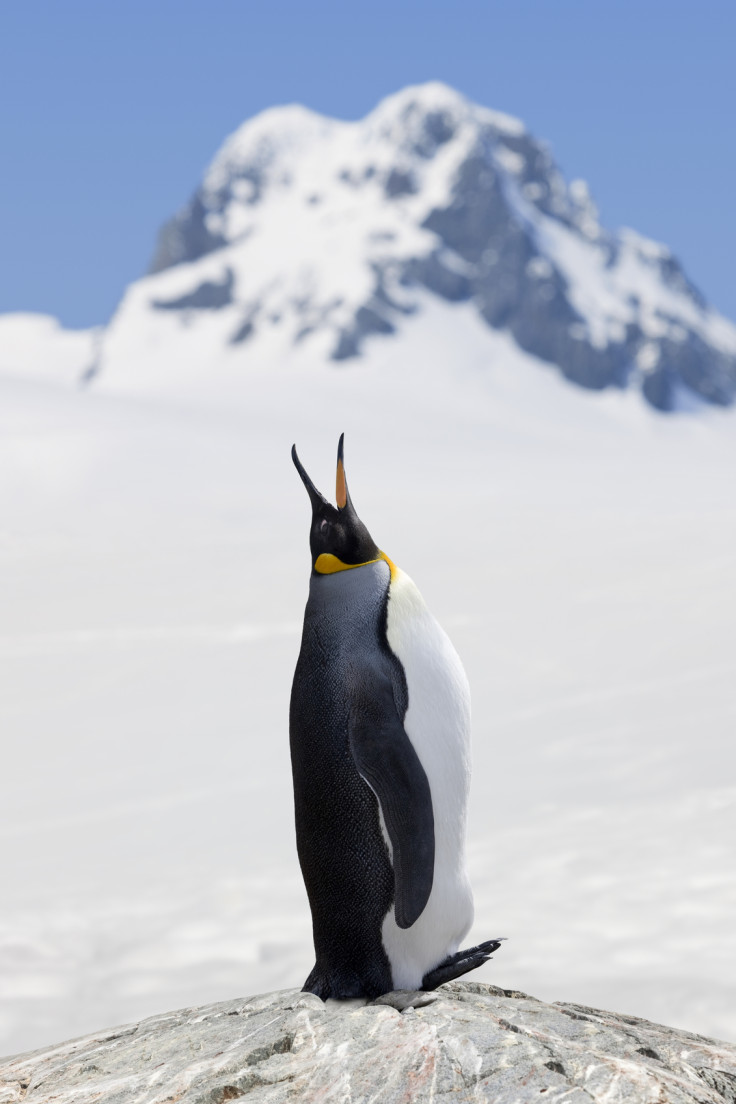King penguins are under the threat of extinction if they do not find a new habitat soon
"There's not much hope in the future", for these penguins, say researchers.

King penguins, the smaller cousins of Emperor penguins are facing an existential threat. They need to start migrating further south, or rising oceans and melting ice will eventually wipe them off the planet by the end of this century.
King penguin population could decrease by 70 percent by the end of this century if do not find a new island to live on, say researchers. These large, flightless birds are reported to be scattered all over the southern oceans, in islands off Antarctica.
Global warming and climate change is wreaking havoc and slowly destabilising several fragile ecosystems around the planet. The most recent one identified is the one on which King penguins live.
According to a report by the Verge, King penguins can swim up to about 500 km in search of food before returning to their islands. They feed in a belt of food that is found surrounding the ice shelves of Antarctica – this includes lanternfish, squids, and krill. As the climate changes, this belt is expected to move closer to the receding Antarctic and this means King Penguins will have to swim further for food.
By 2100, the food will have drifted so far away that the birds will need to either move from their current islands or face starvation. This study was first published in the journal Nature Climate Change. Unlike their larger cousins, the Emperor penguins, Kings do not live on sea ice, notes the report. They live on land, in islands that are not covered in ice.
"We know that penguin populations will collapse soon," says study co-author Céline Le Bohec, an ecologist at the Hubert Curien Multi-disciplinary Institute in France, to The Verge. "They are showing us the tip of the iceberg of what is happening in the ecosystems."
As of now, there are about 3.2 million King penguins in the wild right now. The biggest King penguin colony in the world is at the Crozet Islands, an archipelago between Madagascar and Antarctica, notes the report. They feed on the "Antarctic Polar Front" (APF), a band of sea where the cold Antarctic waters meet the warm temperate ocean. There is an abundance of food there as of now and the King penguins do not face starvation.
However, the APF will move further south as the oceans get warmer. Birds on the Crozet islands will have to swim 700 km instead of 500 km. This means more energy will be used by the adults to swim, which in turn means less food for the chicks waiting back home. "It seems that for this archipelago, there's not much hope in the future," says co-author Emiliano Trucchi, of the Università degli Studi di Ferrara in Italy.





















